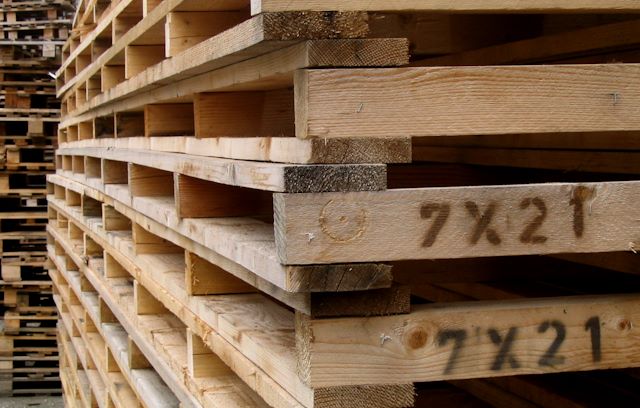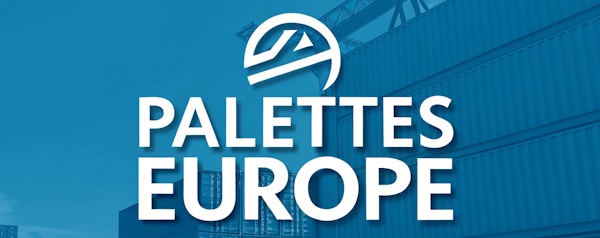
Wooden pallets are closely tied to major environmental and industrial issues. This page gathers essential information on standards, international regulations, sustainable practices, and professional organisations in the sector.
Understanding the environmental, regulatory and organisational dimensions of wooden pallets is vital for all logistics actors. Palettes Europe provides useful resources to guide your decisions.
Circular economy
Wooden pallets are an excellent example of circular economy: repairable, reusable, recyclable. Responsible management helps reduce waste and extend product lifespan.
Learn more
ISPM 15 standard
ISPM 15 governs wood treatment for international shipping, preventing the spread of pests via packaging.
Learn more
PEFC certification
The PEFC label ensures that the wood comes from sustainably managed forests, increasingly valued in CSR strategies.
Learn more
Industry organisations
Several bodies support the wooden pallet industry at national and European levels, promoting best practices and defending the sector's interests.
Learn more
Counterfeit pallets
Fake EUR/EPAL pallets are a growing issue, impacting user safety and undermining the credibility of certification systems.
Learn more
Faempal
Faempal is the Spanish association of pallet manufacturers, promoting quality and compliance with European standards.
Learn more
Regulatory and normative framework
European standards
- UIC 435-2-0: EUR pallet manufacturing
- UIC 435-4-OR: EUR pallet repair
- EN 13698-1: Technical specifications
- AQF 335: Railway quality assurance
International regulations
- ISPM 15: Phytosanitary treatment
- NIMP 15: Phytosanitary measures
- Directive 94/62/EC: Packaging and waste
Labels and certifications
- EPAL: Quality certification
- PEFC: Sustainable forest management
- FSC: Forest Stewardship Council
- SFI: Sustainable Forestry Initiative
Control bodies
- Bureau Veritas: Quality control
- EPAL: European association
- Approved national bodies
- Accredited laboratories
